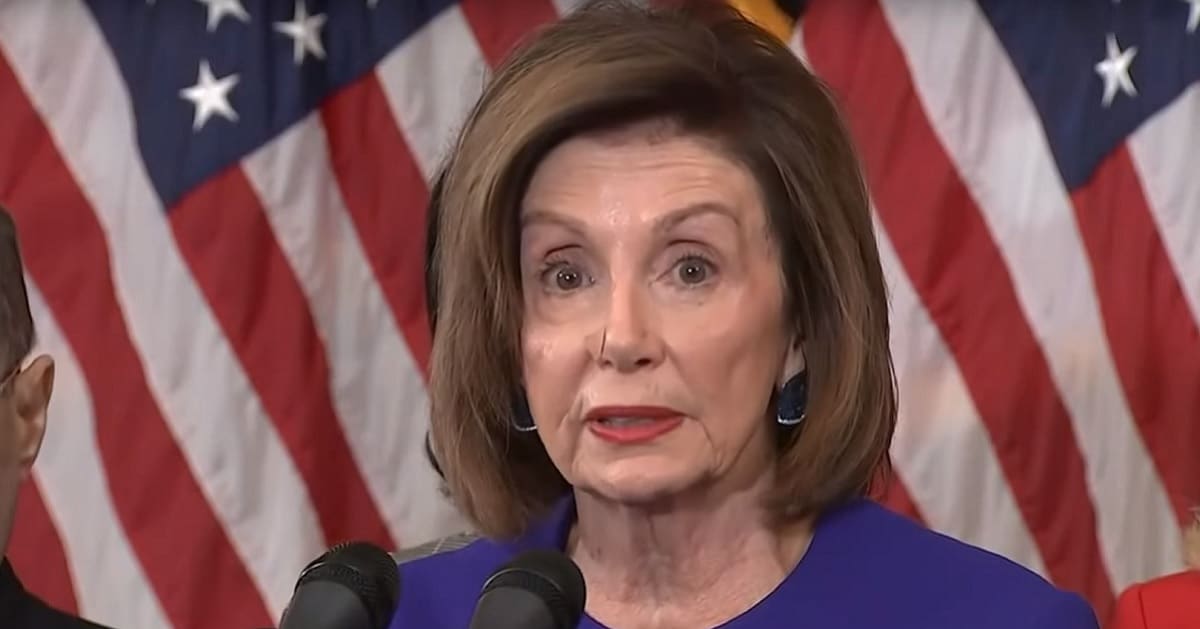


The saga of Elian Gonzalez, a young Cuban boy found at sea, catalyzed significant debates on U.S. immigration policies and family separations spanning multiple administrations.
This story has become relevant again as conversations about family separation are happening with President-elect Donald Trump preparing to take office in January. Just The News reported that despite claims from Democrats, family separation has been standard procedure under both Democrat and Republican presidents.
On Thanksgiving Day 1999, Elian Gonzalez's harrowing ordeal began when he was discovered floating in an inner tube near Fort Lauderdale, Florida. The five-year-old had been aboard a boat with his mother, who perished when their vessel capsized as they attempted to flee Cuba.
Elian was granted refugee status and temporarily stayed with his uncle in Miami. However, his father, residing in Cuba, soon demanded his son's return, setting off a heated international custody dispute.
In December 2000, the Immigration and Naturalization Service, during Bill Clinton's presidency, determined that Elian should be returned to his father in Cuba. The decision was solidified by Attorney General Janet Reno's directive, leading to Elian's controversial apprehension by the Border Patrol.
A photograph capturing the dramatic moment of Elian's seizure by federal agents sparked a nationwide debate and earned a Pulitzer Prize. This image became a symbol of the broader controversies surrounding immigration and child welfare.
The Clinton administration noted for its stringent deportation policies, expelled over 12 million undocumented immigrants, a number surpassing those deported under subsequent presidents, George W. Bush and Barack Obama.
The issue of family separation gained further attention under President Donald Trump, whose administration was accused of instituting a harsh family separation policy as a deterrent to illegal border crossings.
Appointed as Trump's border czar, Tom Homan had served under six administrations and emphasized that the policy of prosecuting illegal entries was intended as a deterrence mechanism. "Entering the country illegally is a crime," Homan explained, highlighting the necessity of separation during parental prosecutions.
"It wasn't about separation. It wasn't about cruelty. It's about if you start prosecuting people they will stop coming illegally and hopefully more lives will be saved," Homan stated, clarifying the administration's stance on the matter.
Kevin McAleenan, serving under Trump, stressed, "We do not have a policy of administrative separation. Families...are being separated only if the adults are being prosecuted or if there's a determination made by the agent that there's not actually a family relationship."
The Biden administration faced its challenges, notably with the Office of Refugee Resettlement (ORR). Reports surged of abuses involving unaccompanied children being placed with non-family members, some linked to gangs and sex offenders.
Homan highlighted ongoing issues, "300,000 children that were smuggled into this country at the hands of the criminal cartels... Then they were released into the United States to unvetted sponsors," underscoring the complex web of immigration challenges.
The media's role in covering these events has also been criticized, with Homan pointing out, "the media won't talk about" the many children still missing after being released into the U.S.
The Obama-era Flores Settlement Agreement limits ICE's ability to detain families during their immigration proceedings, often resulting in the quick release of individuals who make false family claims, further complicating the enforcement landscape.
These policies and their outcomes have led to ongoing debates about the best ways to handle illegal immigration, with significant implications for both policy and the individuals involved.
As of December, Elian Gonzalez, now an adult and a member of the Cuban legislature, continues to be a living reminder of these complex issues, 32 years after his ordeal began.



